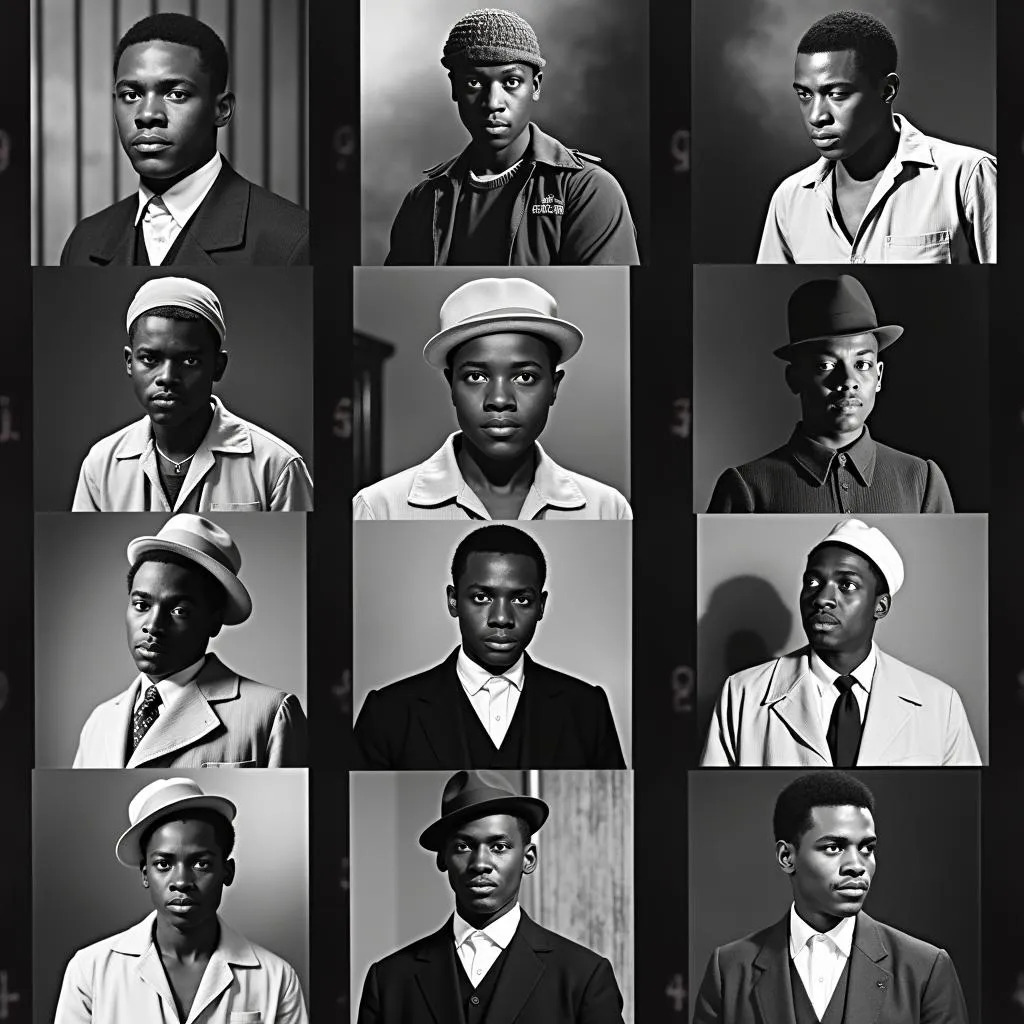Abuja Is the Capital of Which African Country?
Abuja is the capital of Nigeria, a vibrant and populous nation in West Africa. But there’s much more to this story than a simple fact. Abuja’s designation as the capital represents a pivotal moment in Nigeria’s history, reflecting its political, economic, and social dynamics. Let’s delve deeper into the fascinating story of Abuja and its significance to Nigeria.
Abuja: A Planned City at the Heart of Nigeria
Abuja’s story begins in the late 1970s when the Nigerian government decided to move the capital from the bustling coastal city of Lagos to a more central location. This decision was driven by several factors, including the need for a more neutral and geographically accessible capital, as well as a desire to alleviate the congestion and overcrowding in Lagos. The site chosen for the new capital was a sparsely populated area in the center of the country, offering a blank canvas for a meticulously planned city.
Why Was Abuja Chosen as the Capital?
Several key reasons led to Abuja’s selection. Its central location fostered national unity by being more accessible to all Nigerians. Lagos, while a major economic hub, was perceived as favoring the southwest region. Abuja offered a neutral ground, minimizing regional tensions. Furthermore, the government aimed to create a purpose-built capital, free from the overcrowding and infrastructure challenges plaguing Lagos. This vision allowed for a modern city designed to reflect Nigeria’s aspirations for the future.
The Master Plan of Abuja
Abuja’s development was guided by a comprehensive master plan, envisioned to create a modern, functional, and aesthetically pleasing city. The plan emphasized wide boulevards, spacious green areas, and distinct districts for government, residential, commercial, and cultural activities. The city’s design also incorporated elements of traditional Nigerian architecture, blending modernity with cultural heritage.
A prominent Nigerian architect, Emeka Okafor, noted, “Abuja’s design reflects a deliberate effort to create a city that embodies both Nigeria’s rich past and its aspirations for a modern future.”
Abuja Today: A Symbol of Progress
Today, Abuja is a thriving metropolis, a testament to Nigeria’s ambition and progress. The city boasts impressive infrastructure, including modern highways, a state-of-the-art international airport, and numerous government buildings. Abuja is also home to several cultural institutions, including the National Children’s Park and Zoo, the National Mosque, and the National Christian Centre. african countries and capitals in alphabetical order provides a complete list of all African capitals.
What is Abuja known for?
Abuja is known for its well-planned layout, its modern architecture, and its role as the center of Nigerian government and administration. It’s a city that embodies Nigeria’s aspirations for development and progress.
Conclusion: Abuja, the Heart of Nigeria
Abuja’s journey from a sparsely populated area to the capital of Nigeria is a remarkable story of vision and transformation. The city stands as a symbol of Nigeria’s progress, its aspirations, and its commitment to building a modern and unified nation. Abuja is more than just the answer to the question “Abuja Is The Capital Of Which African Country?”. It’s a city with a vibrant present and a promising future. You can explore more about other African countries and their capitals in 10 african countries and their capital.
FAQ
- When did Abuja become the capital of Nigeria? (Answer: 1991)
- Why was the capital moved from Lagos to Abuja? (Answer: For a more central and neutral location.)
- Who designed the master plan for Abuja? (Answer: International Planning Associates (IPA))
- What is the population of Abuja? (Answer: Over 3 million)
- What are some major landmarks in Abuja? (Answer: National Mosque, National Christian Centre, Aso Rock)
- What is the climate like in Abuja? (Answer: Tropical wet and dry)
- Is Abuja an expensive city? (Answer: Relatively expensive compared to other Nigerian cities)
Commonly asked questions about Abuja being the capital.
- Is Abuja safe?
- What language is spoken in Abuja?
- What is the currency of Nigeria?
For more information on African geography, you can explore african countries and capitals alphabetical order and african continent with capitals. If you’re interested in a shorter list of countries and their capitals, see african countriesand capital.
When you need assistance, contact us at Phone Number: +255768904061, Email: kaka.mag@gmail.com or visit us at Mbarali DC Mawindi, Kangaga, Tanzania. Our customer service team is available 24/7.

